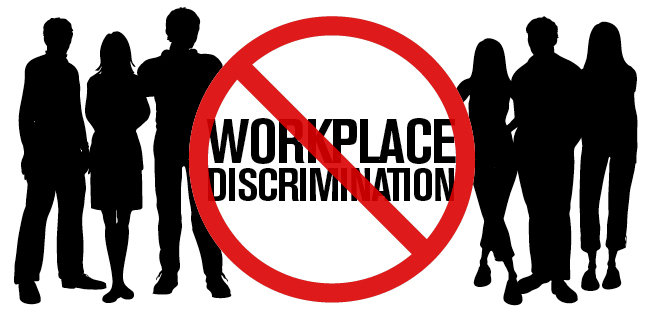What Small Business Owners Should Know About Workplace Nondiscrimination
 There are many complex policy issues that have a major impact on the small business community. Each week, we’re going to help break one of those issues down so small business owners can stay in the know and remain aware of their stake in these national issues. This week’s Issue Q&A is on workplace nondiscrimination.
There are many complex policy issues that have a major impact on the small business community. Each week, we’re going to help break one of those issues down so small business owners can stay in the know and remain aware of their stake in these national issues. This week’s Issue Q&A is on workplace nondiscrimination.
Q: What does workplace nondiscrimination cover?
A: Workplace nondiscrimination entails protecting workers from discriminatory hiring or firing practices, and overall treatment within the workplace. Currently, federal law prohibits discrimination based on gender, sex, age, race and color, but does not include sexual orientation or gender identity.
Q: Why is this an important issue for small businesses to consider?
A: The vast majority of small business owners don’t know that it is still legal under federal and many state laws to fire or refuse to hire someone because of their sexual orientation. A striking 81% of entrepreneurs said this practice was illegal under federal law according to our scientific polling, and only 9% knew that these discriminatory practices are still in fact legal. The fact that these laws prevent many small businesses from attracting and retaining the best talent around impedes the bottom lines of many small businesses and prevents them from growing their company, solidifying their workforce and creating more jobs.
Q: Where do small businesses stand on workplace nondiscrimination?
A: More than 2/3 of entrepreneurs believe federal law should prohibit employment discrimination against LGBT people. Seven out of 10 in states without such policies agree their state should adopt a law prohibiting this discriminatory practice. Small business owners also strongly believe an employer should not be able to fire or refuse to hire someone due to their sexual orientation based on their personal religious beliefs. 63% believed that a worker’s sexual orientation is not a basis for termination if working with them conflicts with their employer’s religious beliefs. Meanwhile, 70% believe a business should not be legally allowed to refuse services to some customers, but not others, based on religious beliefs. Small business owners agree overwhelmingly that laws protecting workplace nondiscrimination are good for business and the right thing to do.
